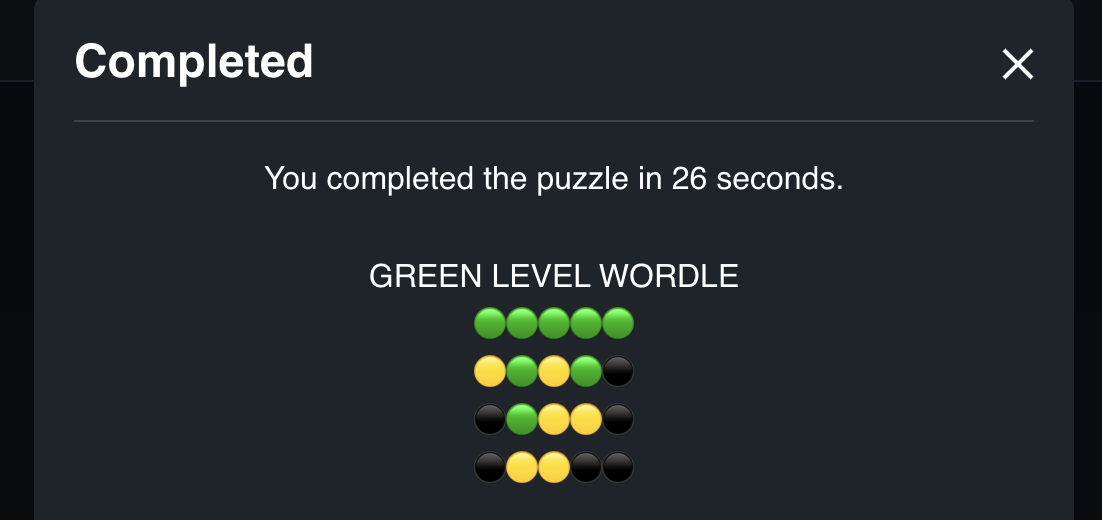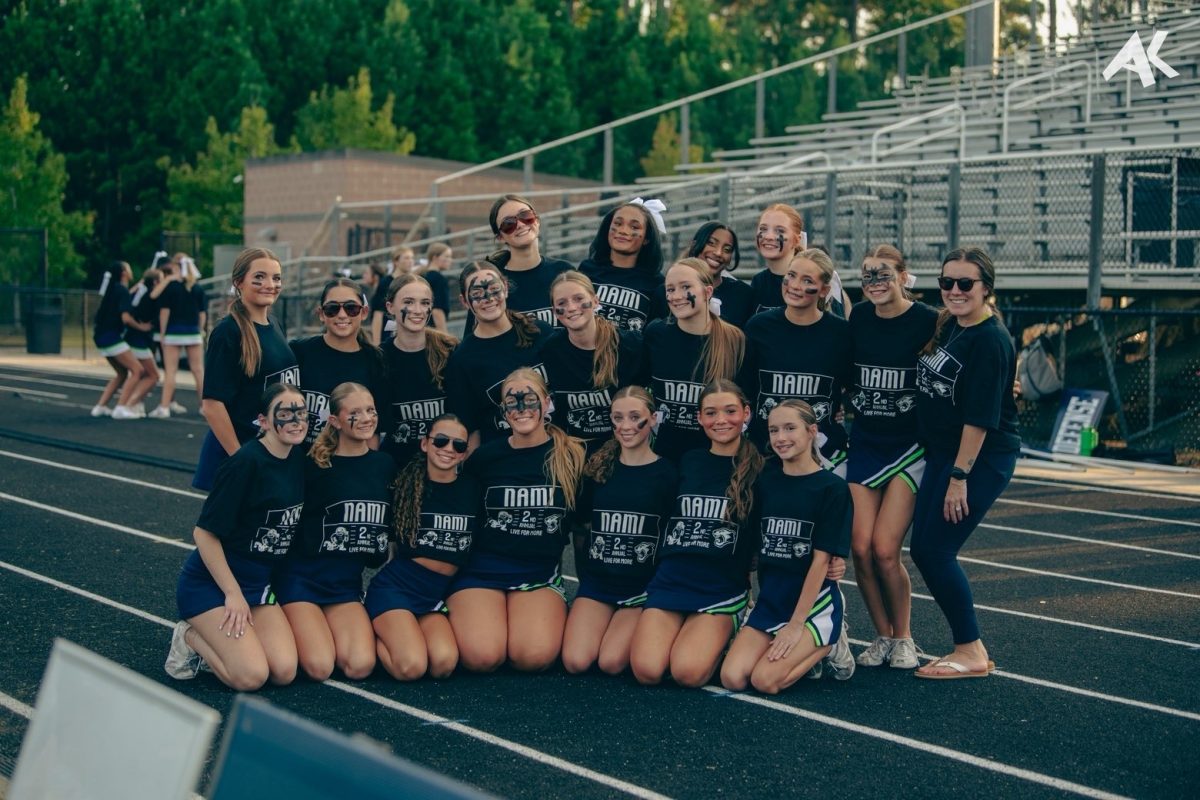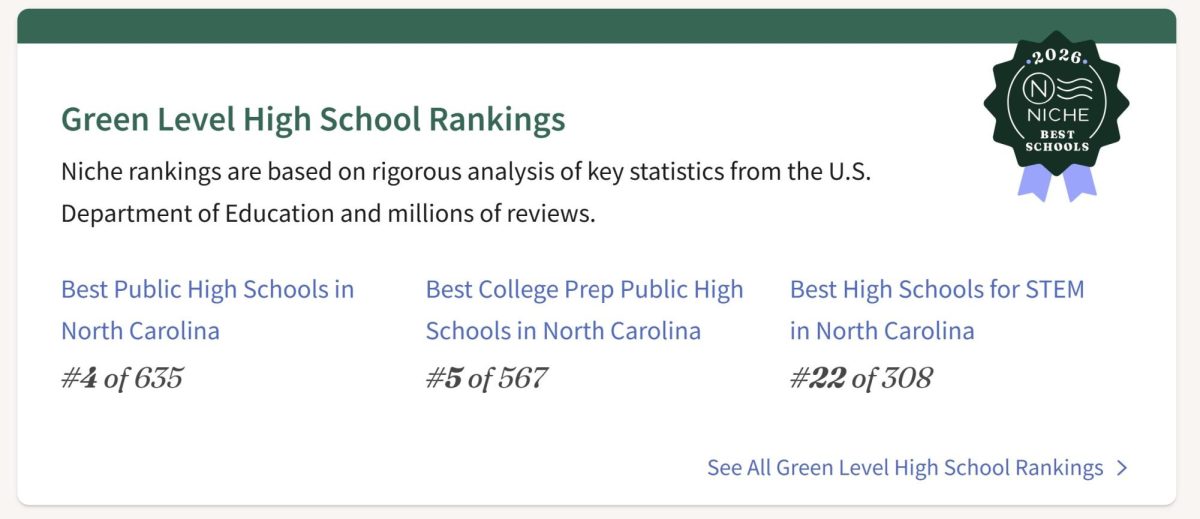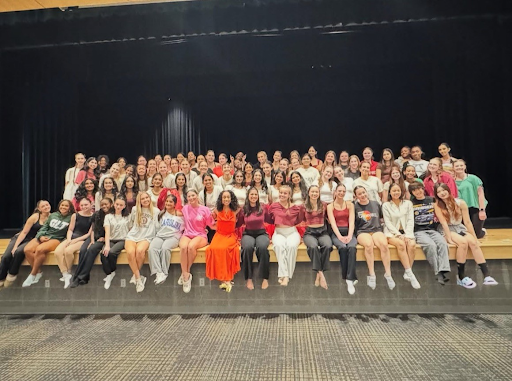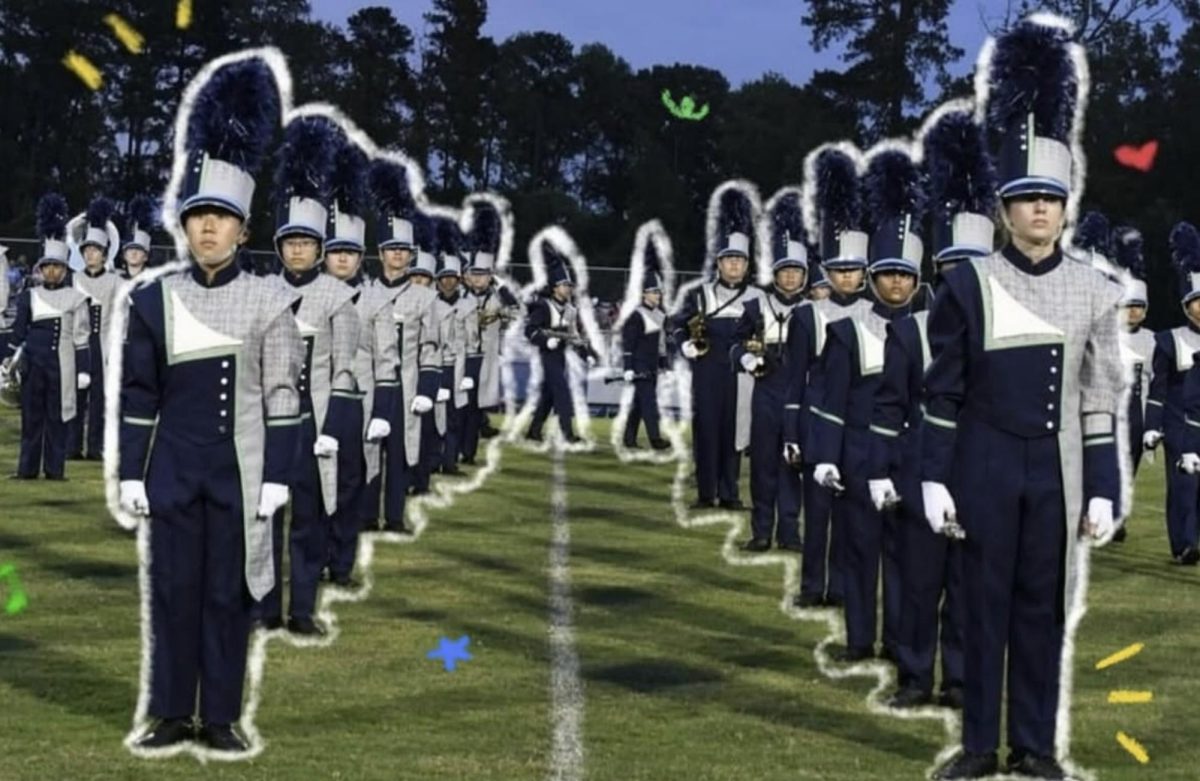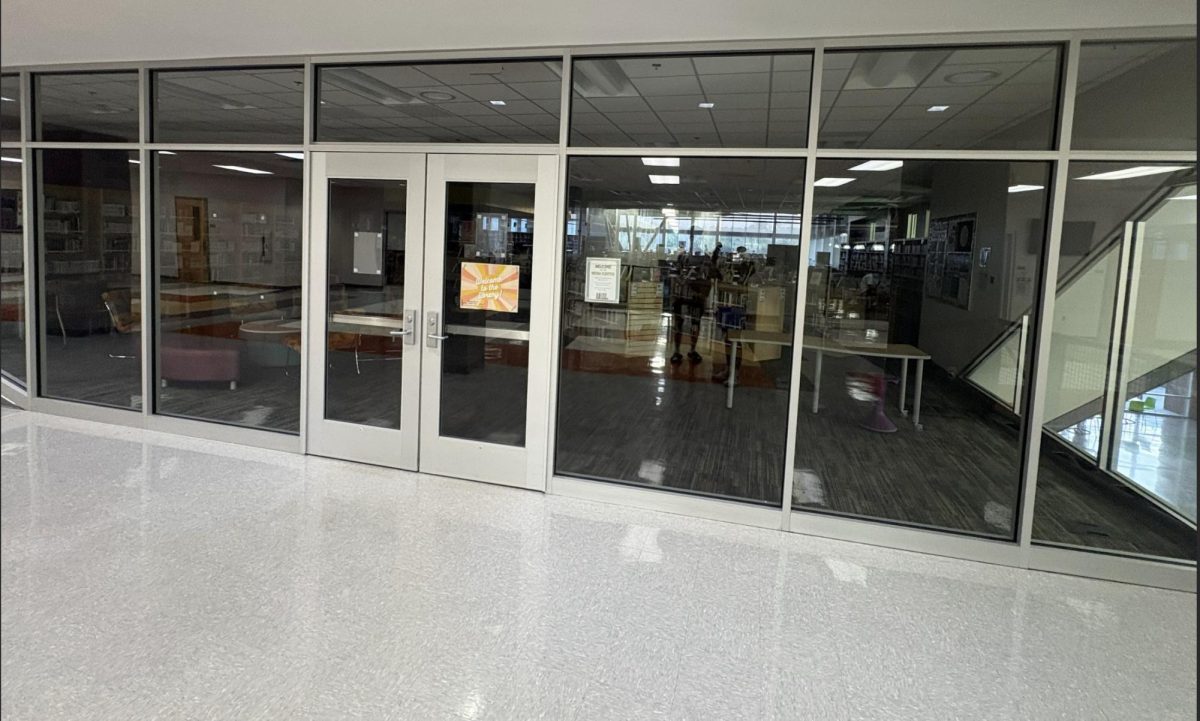
This school year, 4 new advanced placement classes have been added to Green Level. These classes include AP Comparative Politics, AP Microeconomics, AP Macroeconomics, and AP Physics C. Meant to expand academic opportunity, students at Green Level have been adjusting well to these new advanced placement courses.
A Junior at Green Level, Claire Barber, shared her feelings regarding AP Comparative Politics. “The class has a slow start, but I think it will be super interesting. We get to learn about the governments in countries all over the world and not just the United States.”
Furthermore, Jr. Alex Staponkus, who is taking AP Microeconomics, discussed his opinion on the new class. “I think the class is interesting because I want to go into finance. However, if you are not interested in the subject, the class could be off-putting or boring.” On the other hand, Jr. Anastasia D’mello shares an opposing view regarding this class. “The class is pretty challenging for me. I have to put a lot of work into studying every night, however, I really like Mrs. Barish as a teacher.”
AP Macroeconomics, AP Physics C, and AP Spanish Literature are vast subjects of study. While AP Macroeconomics is constructed around finance, similarly to AP Microeconomics, students have found this course challenging, yet rewarding. In the same way, AP Physics C is also a very tough course. It requires a strong understanding of calculus, however, the students enrolled have taken the course out of deep interest in the subject.
Although, these new AP classes are not the only courses that are difficult for students this year. One of the largest difficulties that this new set of freshmen this year are facing is taking their first college level class, AP World History Modern.
This course comes with a demanding workload and significant responsibilities that all students are expected to handle. While it may seem like a lighter AP course, freshmen must learn how to balance the demands of this class alongside other aspects of their life.
For many students taking this class, it is their first encounter with an immense workload, tight deadlines, and rigorous grading. However, as the semester unfolds, the freshmen class embarking on this course are learning to adapt, and how to successfully navigate the challenges of AP World History.
As stated by student Katie Hummel who is currently taking this course, “Honestly it’s really hard and it’s a lot of late nights and lots of work, but I feel like with the fourth week starting I’ve been learning how to manage my time and how to complete all my work and with that simply comes less time for myself”
Katie Hummel, along with all other freshmen taking this course, are slowly learning that this class requires a high level of dedication, time management, critical thinking, and a broad outlook. Katie also mentioned that this course is “complex” and seems “never ending”, but how she is realizing what study habits she needs to engage in in order to successfully get what she wants out of this class, that being an overall grade of an A.
It is not only the students’ first time taking this course, there is also a new teacher in the Social Studies department at Green Level teaching this class, Mrs. Clara McCord. When prompted with a similar question to how she is adapting to teaching this class, her response says as follows, “It’s definitely an adjustment. I think I’m really just making sure I’m learning from the people around me who have been teaching this course for a lot longer. I’m just trying to also be very transparent with my students.”
Clara McCord understands firsthand how daunting this class can be, especially for students tackling it during their very first semester of high school. She not only empathizes with her students as they work to meet these demands but also recognizes that she, too, is navigating the same challenges alongside them. Together, they are learning to adapt, grow, and rise to the occasion.
Overall, the challenging curriculum of AP World History pushes students out of their comfort zones, asking for more than just memorization. It demands a deeper understanding of historical concepts, the ability to analyze complex material, and the skill to make meaningful connections across time periods and cultures.
Overall, the new and returning advanced placement classes have proved challenging but rewarding. Regardless, students have taken full advantage of the new opportunities these courses have offered. Students of all grade levels are enjoying learning about new, specific content in each of the new classes and learning new and effective ways to navigate and handle the course load.

